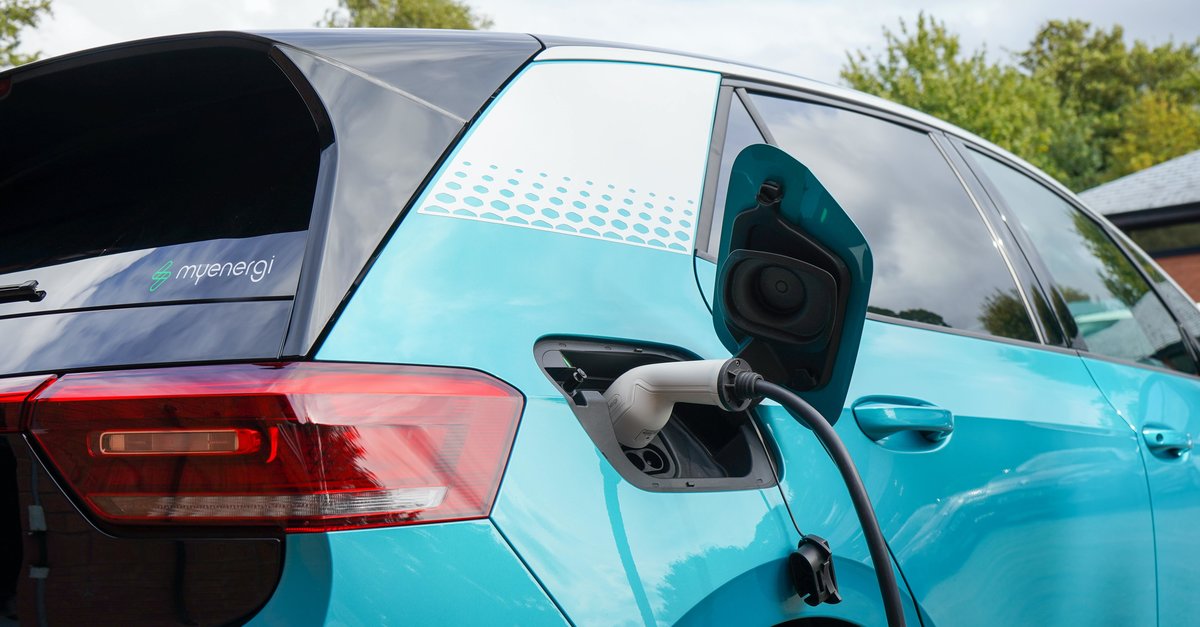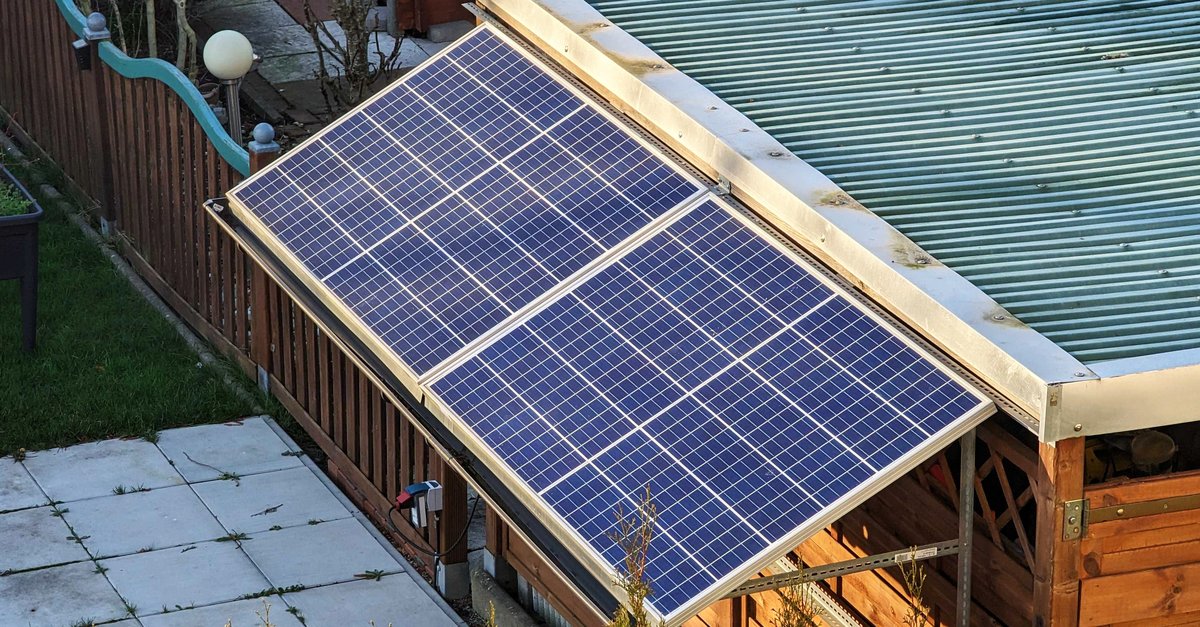VW and Co. under pressure? E-cars stumble
E-cars have long since become an alternative to combustion engines for many customers. But the replenishment from the manufacturers is faltering. German car manufacturers also have to see where they stay. However, experts expect things to improve, also for customers.
Demand boom for electric cars overloads manufacturers
E-cars have become a popular commodity worldwide. The demand for the Stromern does not break off. The problem: At the same time, manufacturers are facing extreme challenges in order to be able to serve the high level of customer interest in new electric vehicles. Nevertheless, the streamers have succeeded so far to buck the economic downturn.
Because the number of new registrations around the world is still growing: One Plus of 62 percent for electric cars was calculated by management consultancy PwC in 14 selected national markets in the second quarter of 2022. This is still a clear signal that electric cars are in demand. In contrast to quarter 1, however, a decent setback: The number of new electric vehicle registrations rose by 108 percent.
The well-known difficulties are responsible for the decline: production losses due to lockdowns, lack of components and apparently Gordian knots in the global supply chains. But things could be different: “Only just under 1.5 million BEVs will be produced in Europe this year – at maximum capacity and without bottlenecks, it could be more than twice as many,” explains PwC industry expert Felix Kuhnert (source: dpa via Handelsblatt).
With the return of production capacities, there are good reasons for an electric car again:
E-car experts see light at the end of the tunnel
The restrictions would also have an impact on German car manufacturers such as VW, Mercedes and BMW. Delivery bottlenecks as a result of the Ukraine war are said to have impacted production. Of the The share of German brands in the global market for pure electric cars (BEV) fell from 14 to 11 percent.
However, the experts see light at the end of the tunnel for German customers: there is “First signs of an easing of the supply bottlenecks”. In the second half of 2022, higher production capacities for electric cars are expected in Europe. The soon to be reduced funding is not seen as an obstacle.



